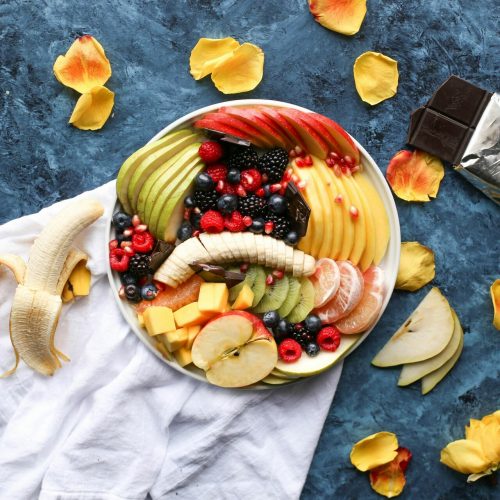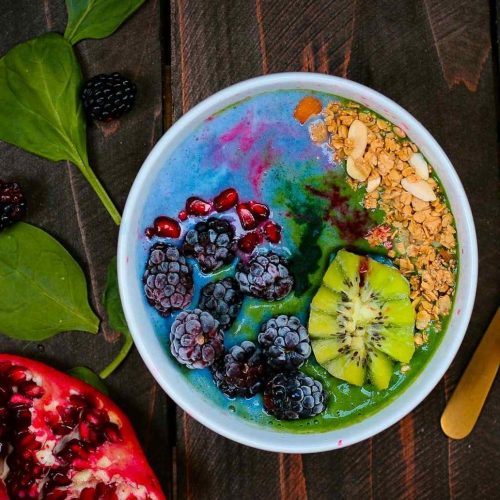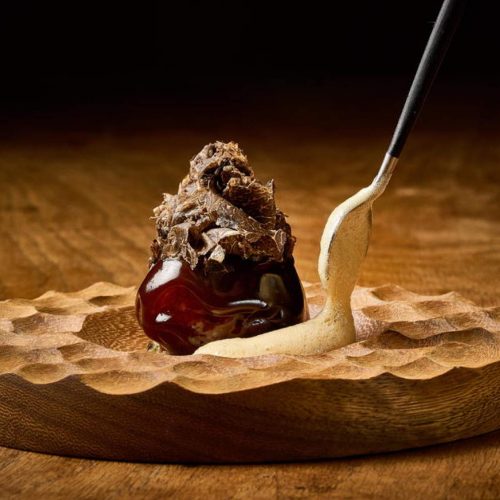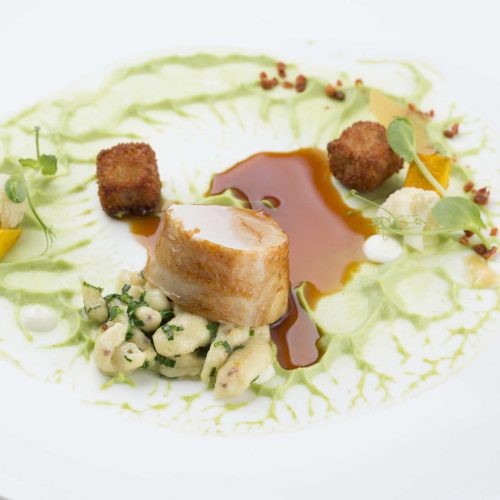The Poetic of Soil Health | Recipes to Feed Your Garden
Arina Shokouhi, a MA student in Material Future Design at Central Saint Martins, explores the symbiotic relationship between human and soil health. Her research, summed up in a visually-inspiring cookbook, reminds us that the wellbeing of nonhuman living organisms is as important as human health.
“Recipes in the book are mostly things that are not human food at least at the moment with the current state, maybe in the future we have to eat them in term to survive but let's hope not.”
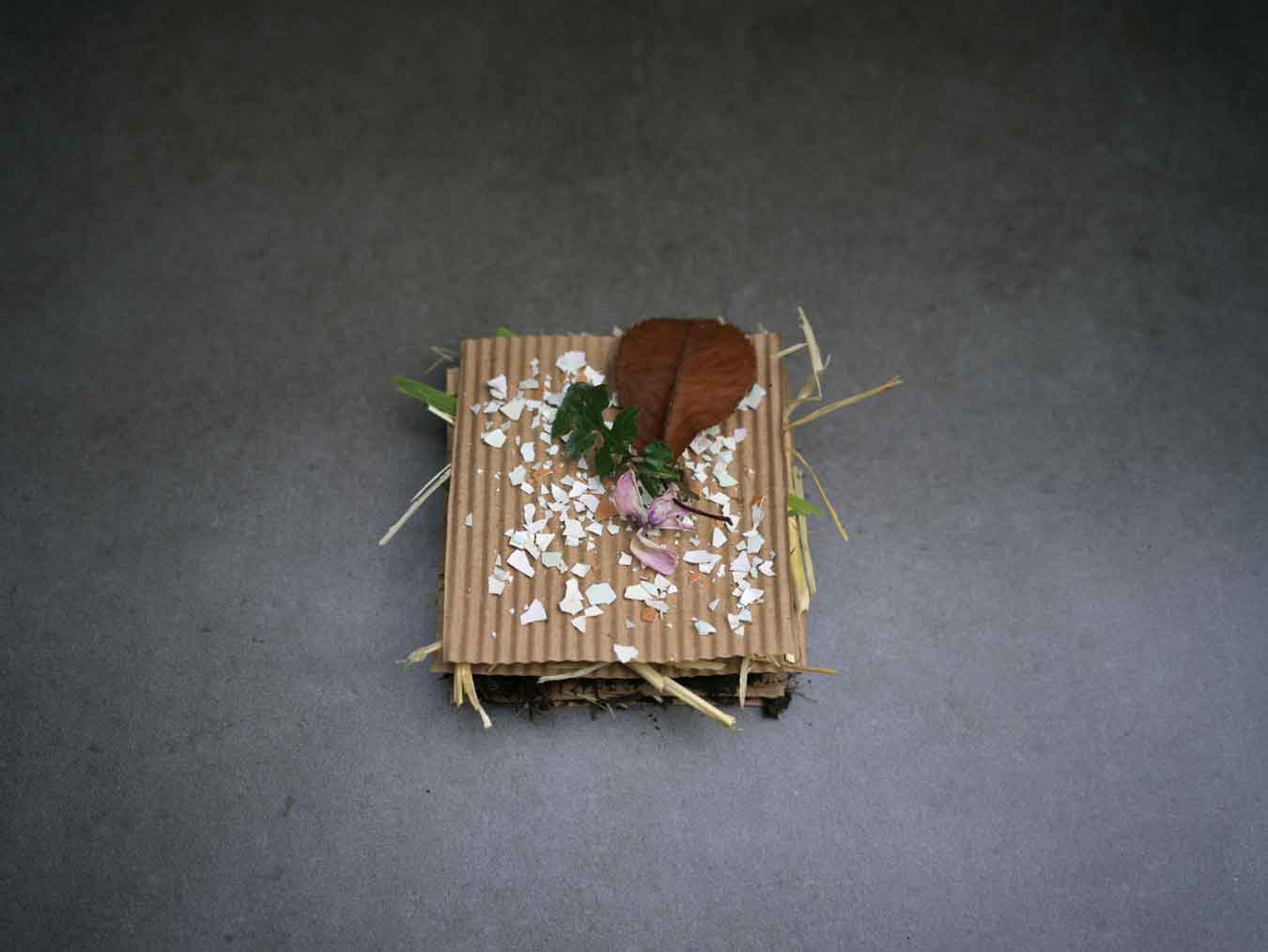
Mulch lasagna
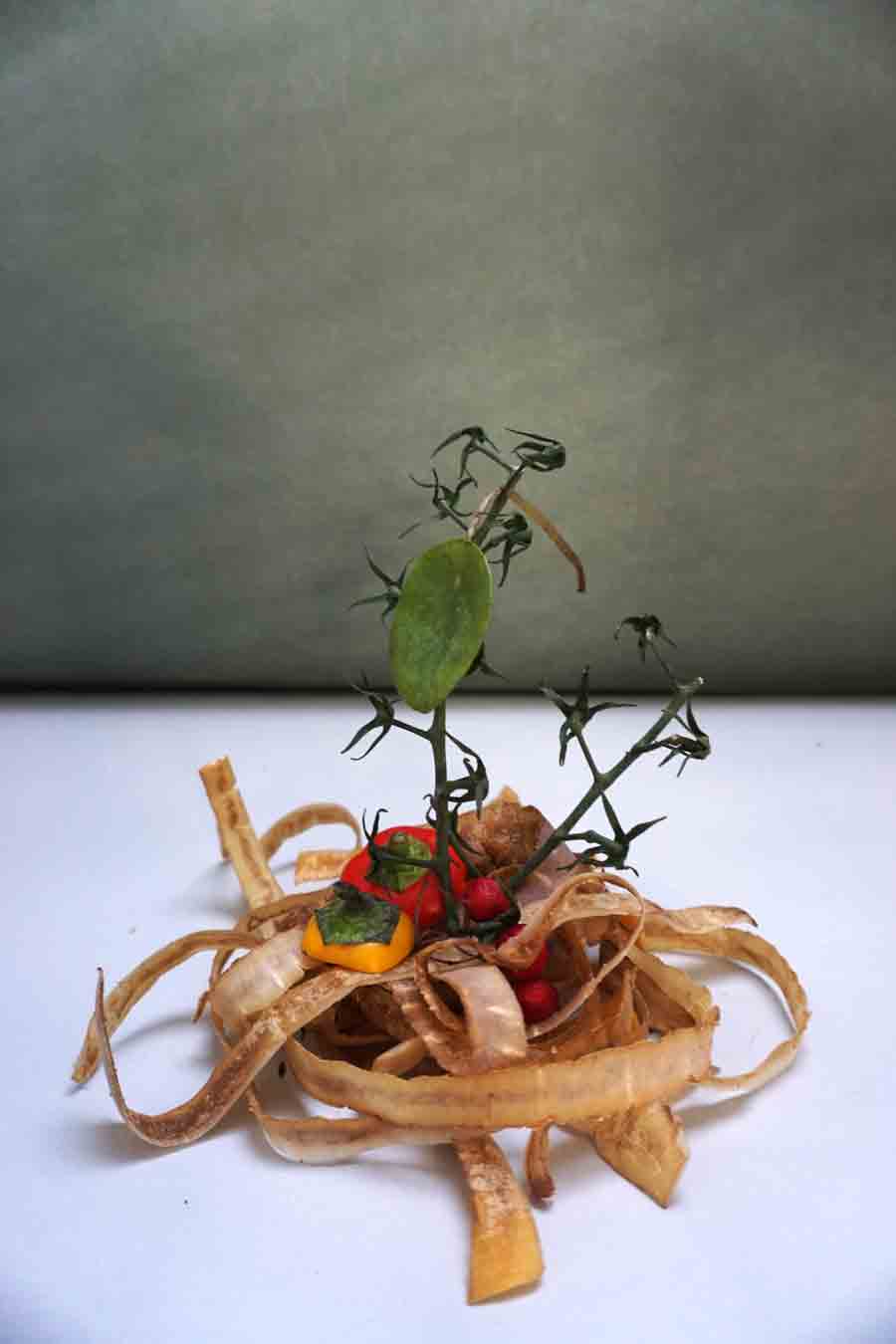

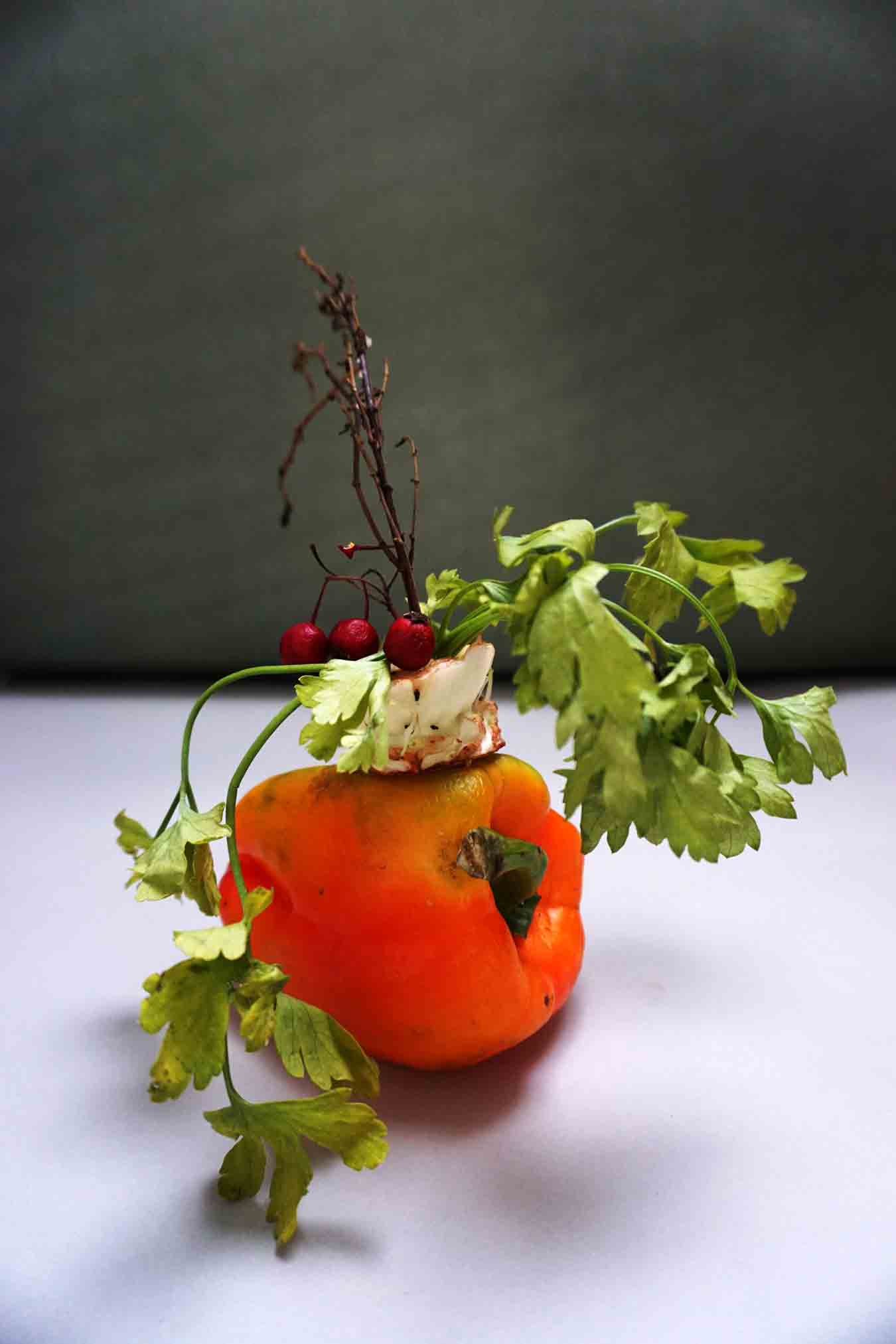
Soil, the pile of brown crumbly stuff beneath our feet that is collectively deemed as dirt, is fundamental for human and nonhuman survival for it not only provides food, but its conditions will determine the quality of food. “We need to educate more around soil microorganisms and understand why Soil is life beneath our feet and why we need to stop ignoring it and instead treat it with care.” Arina manifests that in a culture ridden with obsessive models of dieting and omnipresent conversations around nutrition we have missed to include the benefits of a healthy soil.
“Use of pesticides worsens the living condition for many microorganisms in the soil and artificial fertiliser which was brought as a solution to feed the world but made soil polluted and deeply disturbed our ecological cycle. We can always team up with microbial life to boost soil fertility. Instead of generating excessing waste, by composting organic matter to the soil we assist and participate in the natural earth cycle of decay, decomposition and breakdown.”
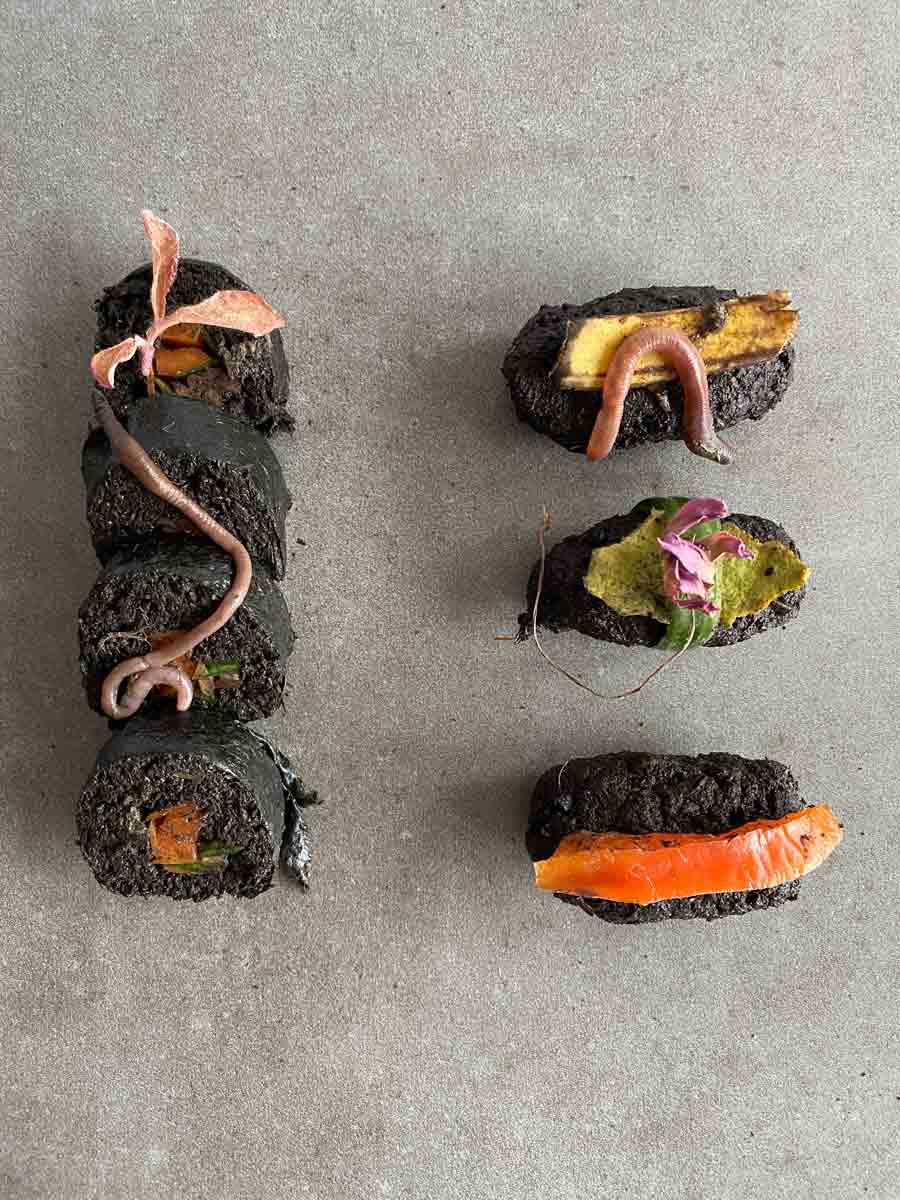
Sushi compost
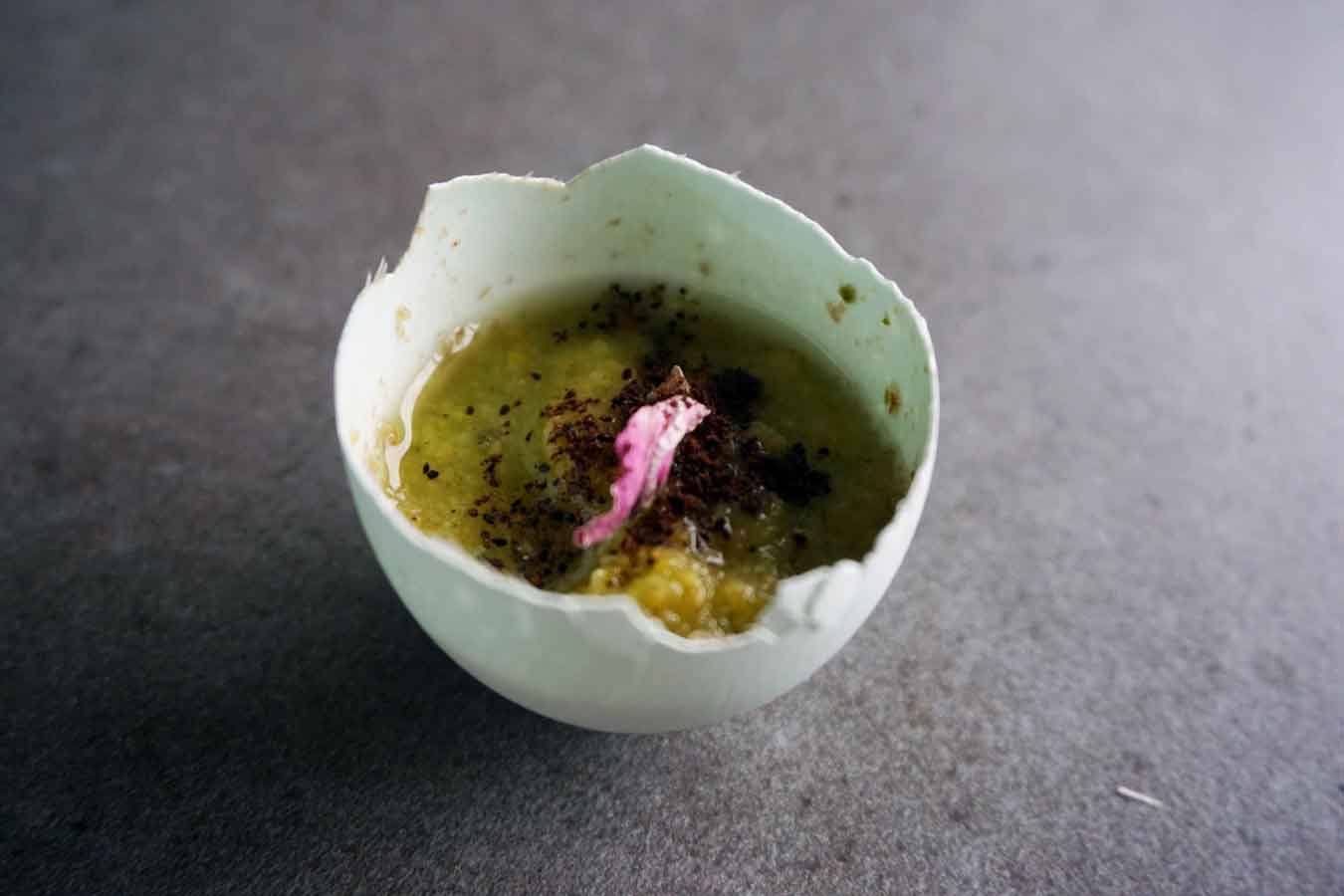
Energy boosting smoothie
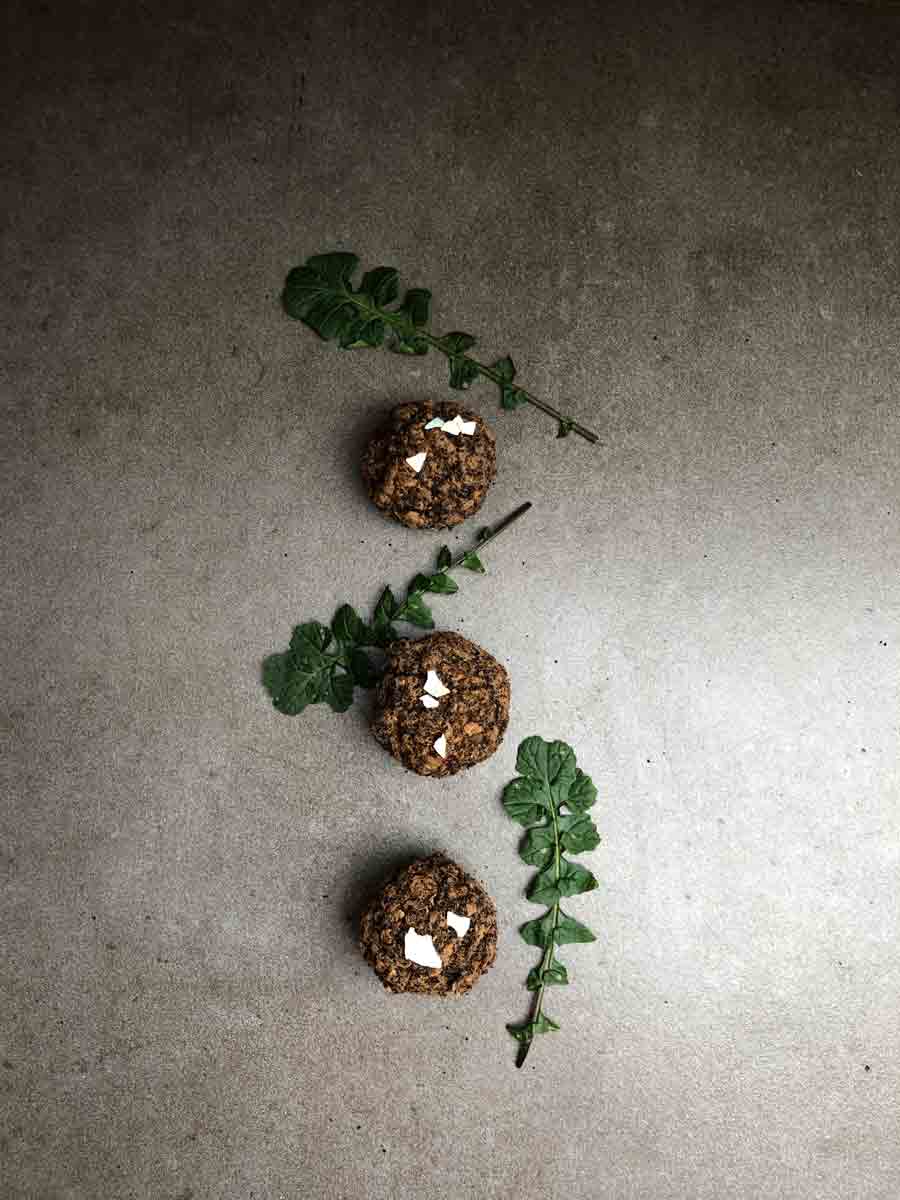
Coffee and cardboard meatballs
Although in some of the recipes vegetables are spotted, Arina clarifies that the first step to composing organic matter is to avoid buying more food than needed and learning how to store food correctly. Food after human consumption—dried tea bags, egg shells, coffee pulps—can be arranged into easy-to-make dishes to “feed the soil with us.” Arina’s cookbook is a call to embrace and take care of the soil, “Food is the most ancient carrier of culture, cooking for someone is an act of care”
This project is devised in response to soil depletion following practices inspired by Indigenous people and personal cooking methods. The Poetic of Soil Health, furthermore, aims to “encourage communities for a continued care for soil as a requisite for successful repair of our environment.”
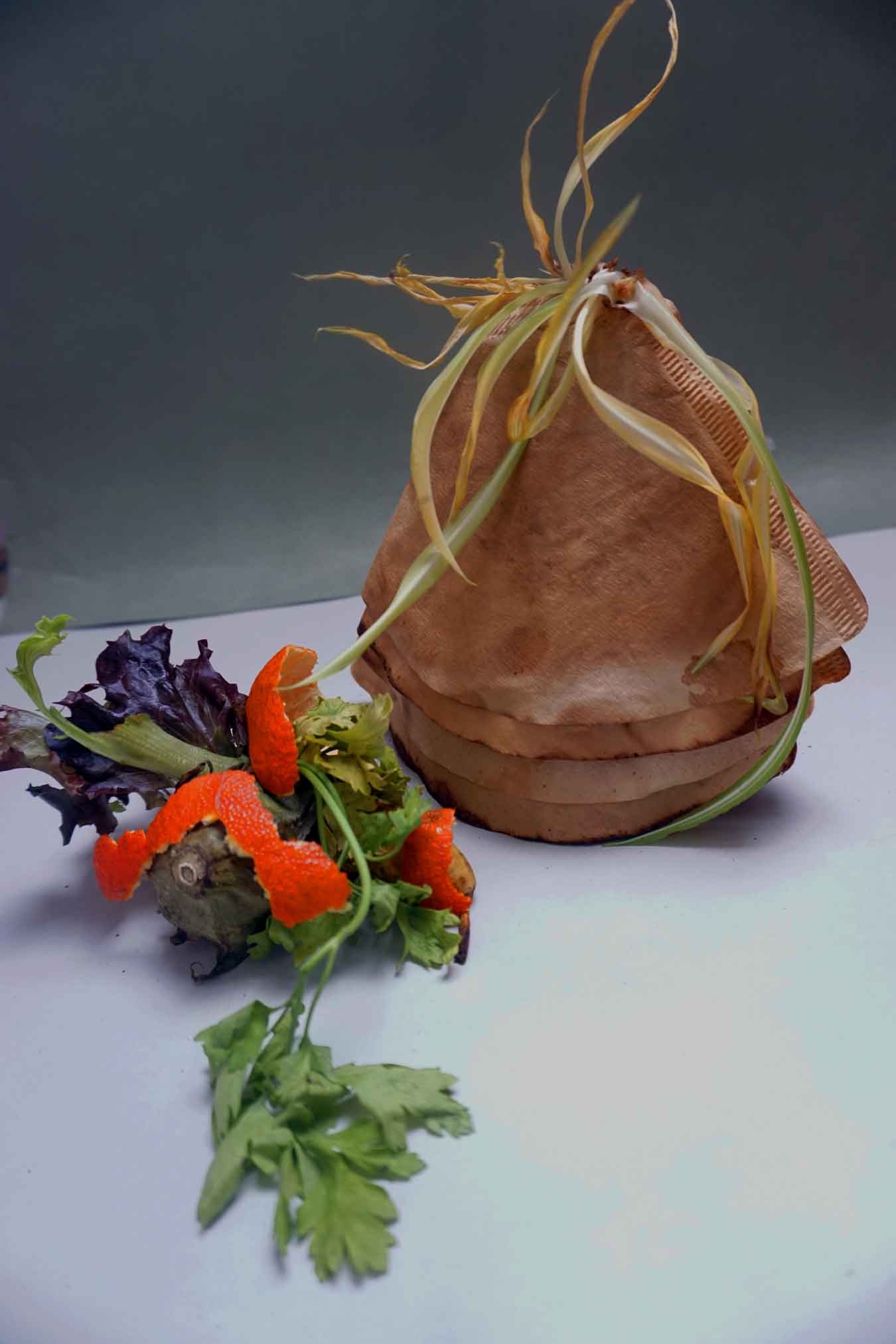

+ Words: Alejandra Espinosa, Luxiders Magazine Editor
Liberal Arts graduate | Berlin-based writer
Connect with her through alejandraespinosa.site

